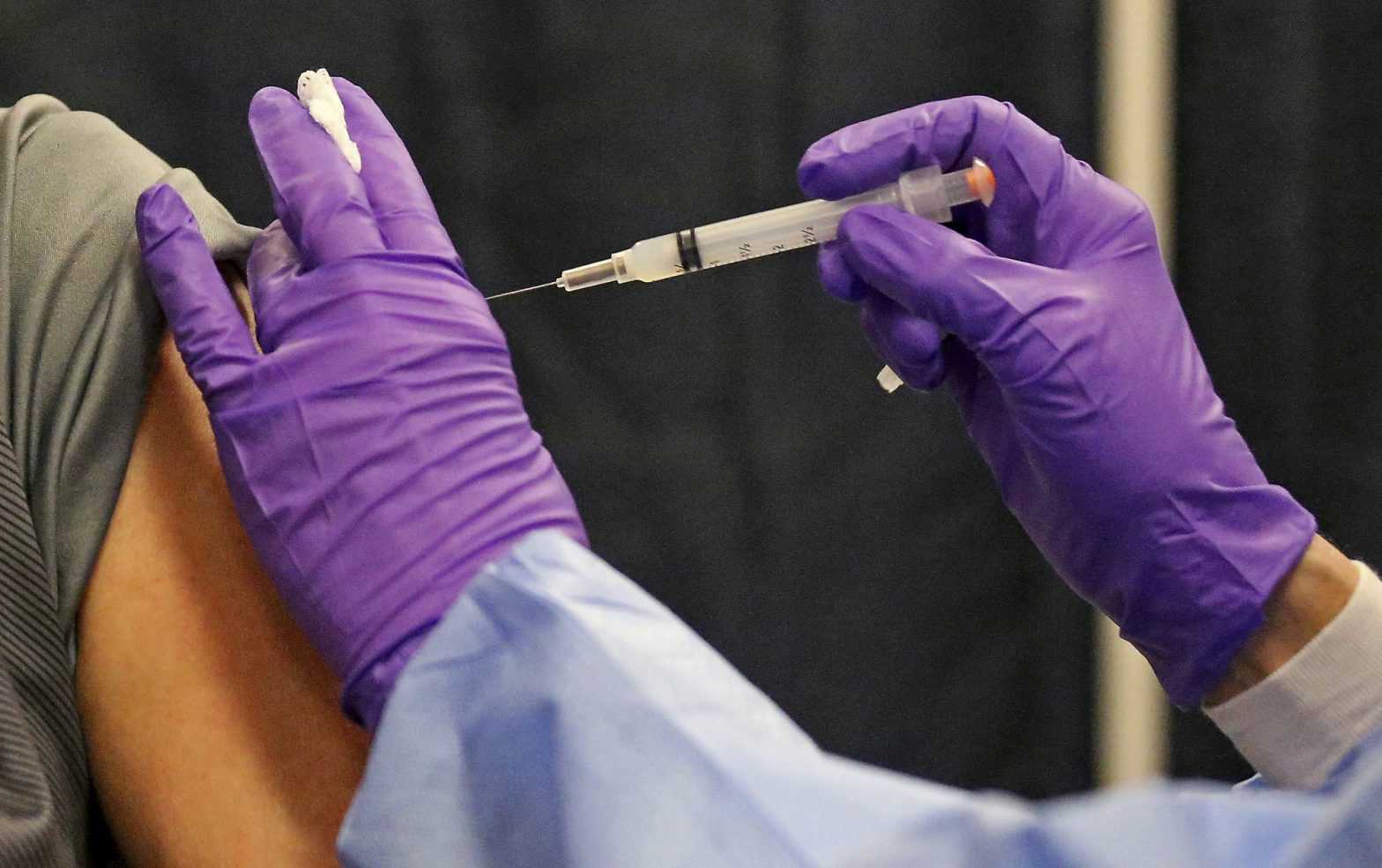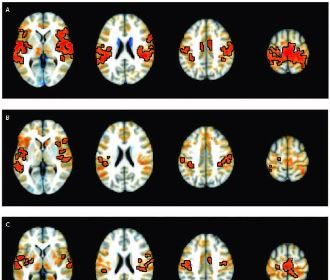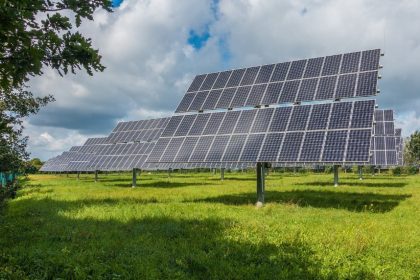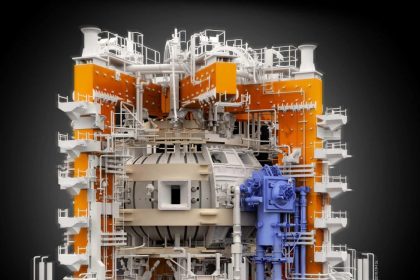Study: Getting Vaccinated Against COVID-19 Can Improve Mental Health

LOS ANGELES, Calif. — A year-long study conducted by researchers from the University of Southern California finds that getting vaccinated against COVID-19 can actually improve mental health.
“We were interested to see what the short-term effects of getting a COVID-19 vaccination would be on people’s mental health, and whether something that can allow you to become less scared of being infected or sick could impact your well-being,” said researcher Francisco Perez-Arce, economist at the University of Southern California Center for Economic and Social Research.
To conduct the study, Perez-Arce and his team provided bi-weekly surveys to 8,003 adults between March 10, 2020 – March 31, 2021. Participants were enrolled using an address-based nationally representative database called the Understanding America Study.
The surveys consisted of four questions, two about anxiety and two about depression, and were issued to those who had received one shot of the COVID-19 vaccine and those who had never received a shot.
Perez-Arce said that for all study participants there were steep increases in mental distresses observed at the start of the pandemic from March- April 2020.
The increases in mental distress dropped after April 2020 as Perez-Arce said all survey participants seemed to adapt to the pandemic quickly.
However, when it came to the time period from December 2020- March 2021, mental distress sharply decreased for those who received one shot but plateaued for those who did not receive any vaccination.
“By comparing the trajectories of these two groups, we learn about the short-term impact of vaccination on mental health,” said Perez-Arce.
One of the limitations of the study is that by January 2021 the population that was primarily eligible to get a vaccine consisted of elderly individuals, those with pre-existing chronic conditions, and medical workers, which Perez-Arce said all likely had an eagerness to get the vaccine as they were more fearful of contracting COVID-19.
“This shows that part of the negative effects of COVID-19 on mental health derive from stress and fear of having bad health outcomes. There’s been a lot of studies that have shown that the economic aspects have been an important part of mental distress, but this study shows that getting relief from the fear of bad health outcomes can certainly improve mental health,” said Perez-Arce.
Perez-Arce said it’s also important to separate the fact that the study analyzes the impact of receiving a COVID-19 vaccine, but not the vaccine campaign overall.
“The vaccine is the result of a drop in cases, and that drop in cases will have an effect on everyone, including people who didn’t get the shot,” said Perez-Arce.
Perez-Arce further explained that an unvaccinated individual may still benefit from reduced rates of COVID-19 in the population, as they may be less worried about loved ones, and may benefit from increased social and economic opportunities from lowered disease risk.
Perez-Arce said a follow-up study might include asking questions about mental health outcomes after March 2021 for people who got vaccinated later on and those who remain unvaccinated, but funding for data collection that was mostly provided by National Institutes of Health ran out as of June 2021.
“We are trying to get funding for other data collection points that would allow us to answer these questions,” said Perez-Arce.

























